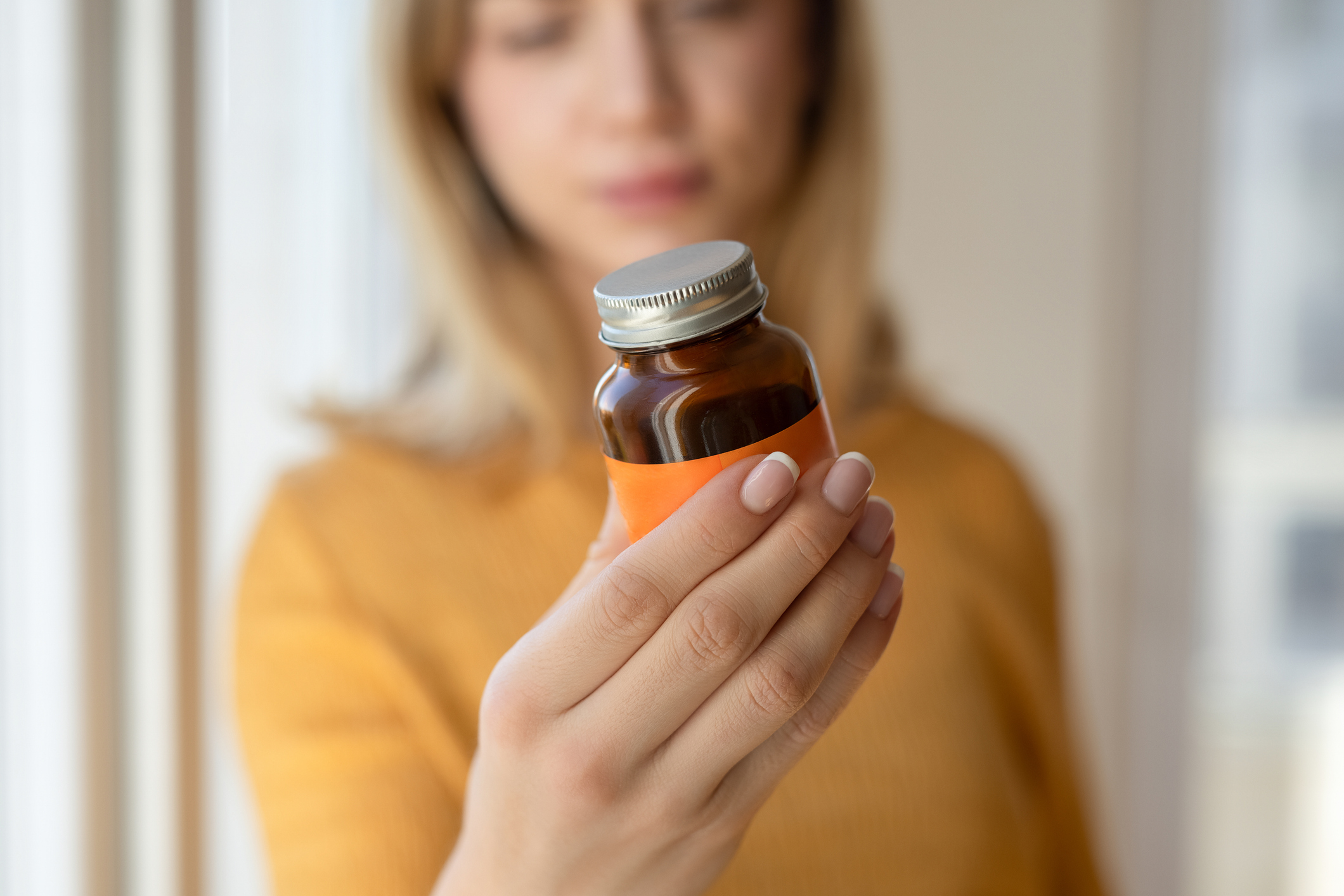

The human body is such a wonderfully complicated thing. Our bodily systems are connected in ways we’d never expect.
And the role of the gut has become a focal point of those unexpected links.
For example, there’s the latest on preventing cancer.
There are hundreds of unique bacterial species living in the gut, but it seems that one in particular might be able to fight cancer.
Research is still in the early stages, but it’s looking like something as simple as a vitamin could help this cancer-fighting bacterium thrive.
Vitamin D supports cancer-fighting bacteria
A new study has uncovered the possibility that vitamin D could be the key to helping a cancer-fighting bacterium live and thrive in our gut.
Researchers at the Francis Crick Institute in London have uncovered a link between a vitamin D-rich diet in mice and their increased ability to resist tumor growth.
When cancer cells were transplanted into mice who were then fed a diet high in vitamin D, the mice showed improved resistance to the cancer and slower tumor growth.
The researchers were surprised to find that vitamin D acts on specific cells in the intestine, which in turn increases the amount of a bacteria called Bacteroides fragilis (BFS).
This suggests that BFS is responsible for the improved resistance to tumor growth.
Indeed, these findings support a 2023 study at the University of Medical Sciences in Iran, where mice receiving infusions of BFS showed a 98% reduction in tumor volume, and where 75% of the mice were tumor-free after about three weeks of BFS infusions.
How these findings apply to us
These findings certainly add to the growing mountain of evidence that vitamin D status impacts cancer including previous research indicating it powers up a cancer-fighting gene, can reduce risk for developing advanced cancer and reduces death from cancer.
Here’s what Caetano Reis e Sousa, head of the Immunobiology Laboratory at the Crick Institute, has to say:
“This could one day be important for cancer treatment in humans, but we don’t know how and why vitamin D has this effect via the microbiome.
“More work is needed before we can conclusively say that correcting a vitamin D deficiency has benefits for cancer prevention or treatment.”
And Evangelos Giampazolias, another member of the Crick research team, says, “A key question we are currently trying to answer is how exactly vitamin D supports a ‘good’ microbiome.
“If we can answer this, we might uncover new ways in which the microbiome influences the immune system, potentially offering exciting possibilities in preventing or treating cancer.”
Making vitamin D work for you
It’s important to know that research in 2023 found vitamin D is not a one-size-fits-all vitamin.
In fact, it is metabolized differently in people at higher body weights and may account for inconsistent results in some studies concerning its impact on cancer…
Senior author JoAnn E. Manson, MD, DrPH, chief of the Division of Preventive Medicine at the Brigham and Women’s Hosptial said of the VITAL study, “This study sheds light on why we’re seeing 30 to 40 percent reductions in cancer deaths, autoimmune diseases and other outcomes with vitamin D supplementation among those with lower BMIs but minimal benefit in those with higher BMIs, suggesting it may be possible to achieve benefits across the population with more personalized dosing of vitamin D.”
Research by Trinity College Dublin has also shed light on several factors that impact optimal vitamin D status — including cholesterol levels — that support the argument for personalizing supplementation.
For these reasons it’s becoming more apparent that the recommended daily allowance of 600 IU is barely enough to even support bone health — and why it’s more common to see recommended therapeutic dosages ranging from 4,000 to 5,000 IU daily.
One last suggestion for adequate vitamin D supplementation: Make sure you’re taking a supplement containing D3, the form most effectively absorbed by the body.
Sources:
Vitamin D alters gut bacteria to give better cancer immunity, study suggests The Standard
Vitamin D regulates microbiome-dependent cancer immunity — Science
Anti-tumor effects of Bacteroides fragilis and Bifidobacterium bifidum culture supernatants on mouse breast cancer — Science Direct
How Much Vitamin D Should You Take For Optimal Health? — Healthline